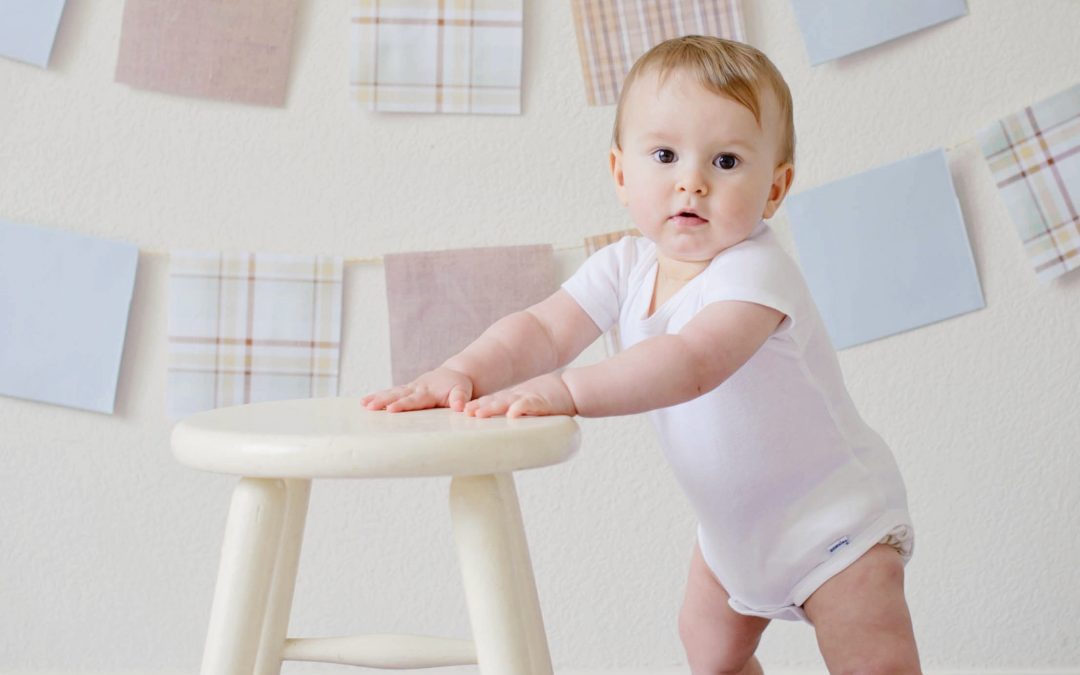So you’re having a baby – but at what cost?
1st February 2019
It is a really exciting time in your life, finding out you are soon to have another member in
your family. However, this can quickly be overshadowed by concern around the expenses
involved.
If you find yourself in this position, or thinking about starting a family, now is the time to
act. Following these steps will make your finances robust, so you can enjoy your last few
nights of uninterrupted sleep!
Let’s travel forwards a few months (well, nine to be exact). Baby has arrived – yippee! It is
likely that someone in the relationship will be taking some extended time off work. This
could be six months or more. Whatever the time is, you need to review your budget to see if
you can cover your expenses on one income.
To work this out, you need to know what your monthly expenses are ($X). Don’t forget to
add in a buffer for baby expenses – for a household earning $90,000 per year the average
monthly spend on a newborn is $485. From here calculate your net monthly income, this
includes the working partners regular pay and any parental leave benefits you will be in
receipt of ($Y).
If you take $Y – $X you will determine if there is a deficit or surplus. Should there be a deficit,
which is completely normal, then you need to consider saving this money before baby
arrives. Let’s say your cash flow deficit is $600 per month and you expect to have 12 months
off work; you need to save $7,200 to cover this shortfall over the year.
What about expenses before the baby arrives? In our experience working with couples
preparing to have a child, there are two distinct areas of spending.
First; all the things for bubs. Naturally there is a minimum level of spend required to get
yourself set up; cot, pram, baby carrier, nappies, wipes, clothes. This can vary broadly based
on your personal preferences – prams, for example, can cost between $500 and $3,000.
There is no guideline for how much you should spend, except for spending within your
comfort zone and budget.
We have seen baby budgets range from $2,000 (when buying second hand or from family
members) to $10,000 (top of the range, brand new everything). Talk to your partner, decide
what you are comfortable spending and then stick to it. Don’t get swayed by pushy shop
assistants convincing you on the latest pram gadget, if you simply cannot afford it.
The second area of spending we see is the expecting parents treating themselves before
baby arrives. Did anyone say Babymoon? Be aware that expectant parents (particularly first
timers) will try to fit in a lot of ‘lasts’. Last baby-free holiday, last late-night date night, last
little bit of pampering. Don’t be surprised if your spending in the lead up to baby’s arrival
increases – if these things are important to you then make sure they are factored into the
budget.
Health and wellbeing for mum is also another cost to consider; you may no longer be going
to F45 but you could definitely be taking pre-natal vitamins and attending pre-natal yoga.
Lastly, the hospital – public vs private. This is a purely a personal choice but it does have an
impact on your hip pocket. Talk to your doctor/midwife to decide which may suit you, then
discuss with the hospital the costs involved. Even if you choose to go public, it does not
mean your care and birth will be free. We roughly estimate with our clients that public care
requires $5,000, whilst private care around $10,000.
However much you spend in the lead up to your baby’s arrival will no doubt be
overshadowed by the joy they bring when earth side. Happy parenting!

